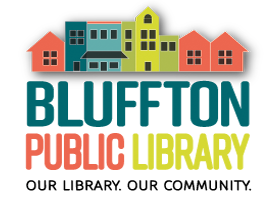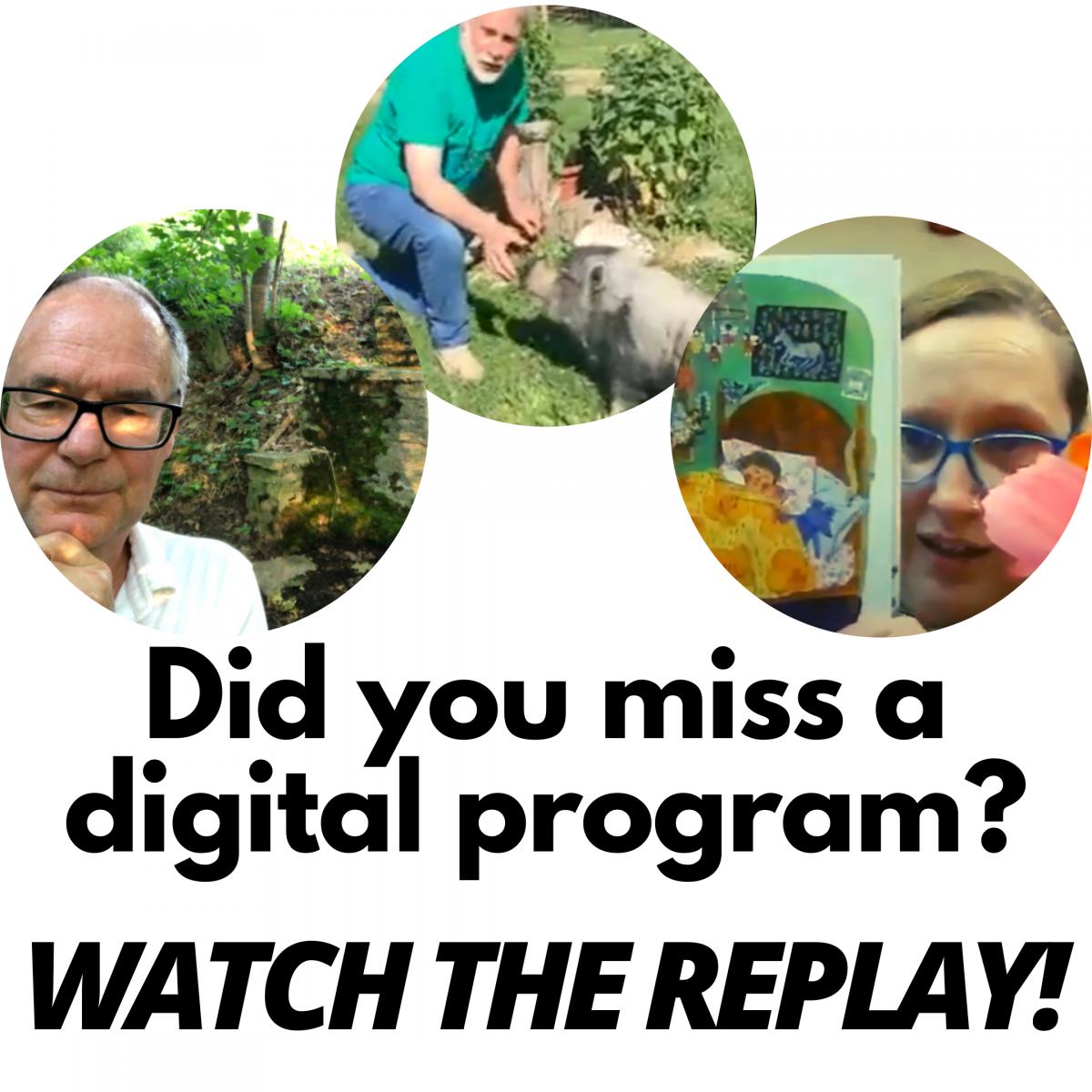
Joanne Reads - June 2021
"LIBERTIE" by Kaitlyn Greenidge
I was mesmerized by this book. Not particularly because of the well-crafted plot (it takes place in Brooklyn's post-Civil War era), nor the characterizations (Libertie's mother is based on the life of the first Black female doctor), or the many other necessities that come with defining a good book. All I can say is that "Libertie" is one good read and is making a name for our young author. Now I'd like to read her earlier novel, the Whiting Award winner "We Love You, Charlie Freeman."
"THE INVENTION OF MIRACLES" by Katie Booth
This book is an extensive biography of Alexander Graham Bell, the inventor of the telephone. But the telephone is only one part of the story. Bell's primary interest was always concentrated on helping the deaf - his mother was deaf and he later married a deaf woman. Unfortunately, Bell's legacy with the deaf was a blot on his record because of his efforts to stamp out the use of American Sign Language. The author spent many years researching this story, an eye-opener into the world of those with impaired hearing.
"HOW TO FLY" by Barbara Kingsolver
I've read almost all of Barbara Kingsolver's books, but did not know until now that she is also a poet. This, her second volume of poetry, is very readable and down-to-earth. Her love of nature and her embrace of family shine through as she writes about everyday things as well as special occasions. It's a thin book, but fat with images that will resonate with anyone who loves life in the ordinary - and sometimes the extra-ordinary.
"HILL WOMEN" by Cassie Chambers
This is an engrossing story of growing up in the hills of eastern Kentucky, in one of the poorest counties in the US, where many of the author's relatives still live. Although her own life path has followed an educational route as far as Yale and Harvard Law School, her love for the terrain and the people of the hills brought her back again and again to where she was born. Today, her work with domestic violence survivors in rural Kentucky has enabled her to return to her roots and make a difference there.
"AFTERSHOCKS" by Nadia Owusu
Here we have another memoir - not of a childhood in poverty but of privilege. The daughter of an influential black UN official from Ghana and a white woman of Armenian heritage, Nadia narrates her life story of abandonment, statelessness and depression. When she was two years old, her mother abandoned the family. Then, at age 13, her beloved father died. She tells this story in random bits and pieces, just as she perceives her life in shattered bits and pieces. Not for the fainthearted, but extremely well-written.
"HAMNET" by Maggie O'Farrell
I looked forward to reading this book, having heard and read about it since it came out a year or so ago. It's a novel that fills in the blanks around the creation of Shakespeare's "Hamlet." Our author has done considerable research of the 15th century - a time when records are sketchy. She also has a talent for words and tells a great story. But I also felt the basic story overplayed, with everything a little too overblown. So, read "Hamnet" for yourself and let me know how you feel about it.
"EVERY DAY IS A GIFT" by Tammy Duckworth
You might not remember her name, but you must remember the now-U.S. Senator who lost both legs in Iraq and carried her days-old baby with her to a vote on the Senate floor. This book starts from the beginning - her up-and down childhood in southeast Asia to an impoverished life in the U.S. Then carrying on her family military history which ended with her near-fatal helicopter crash in Iraq. Then, after years of recovery, her life and work in Washington D.C. It's quite a ride, and she's still smiling. So enjoy the read!
"THE DRAGONS, THE GIANT, THE WOMEN" by Wayétu Moore
A beautifully written memoir by a talented young writer, full of true narrative as well as an intertwining fantasy of childhood. At age five, she flees with her family from their home in Liberia to the United States. We move with her through the initial trauma of danger at every corner to the challenge of growing up as "other" in America. But it is the deep love of family - carried through the generations - that truly makes this narrative sing.
.png)

